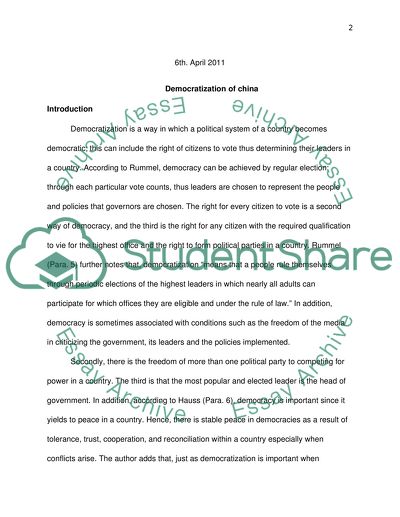Cite this document
(“Will economic reform along with political repression succeed result in Research Paper”, n.d.)
Retrieved from https://studentshare.org/family-consumer-science/1420585-will-economic-reform-along-with-political
Retrieved from https://studentshare.org/family-consumer-science/1420585-will-economic-reform-along-with-political
(Will Economic Reform Along With Political Repression Succeed Result in Research Paper)
https://studentshare.org/family-consumer-science/1420585-will-economic-reform-along-with-political.
https://studentshare.org/family-consumer-science/1420585-will-economic-reform-along-with-political.
“Will Economic Reform Along With Political Repression Succeed Result in Research Paper”, n.d. https://studentshare.org/family-consumer-science/1420585-will-economic-reform-along-with-political.


